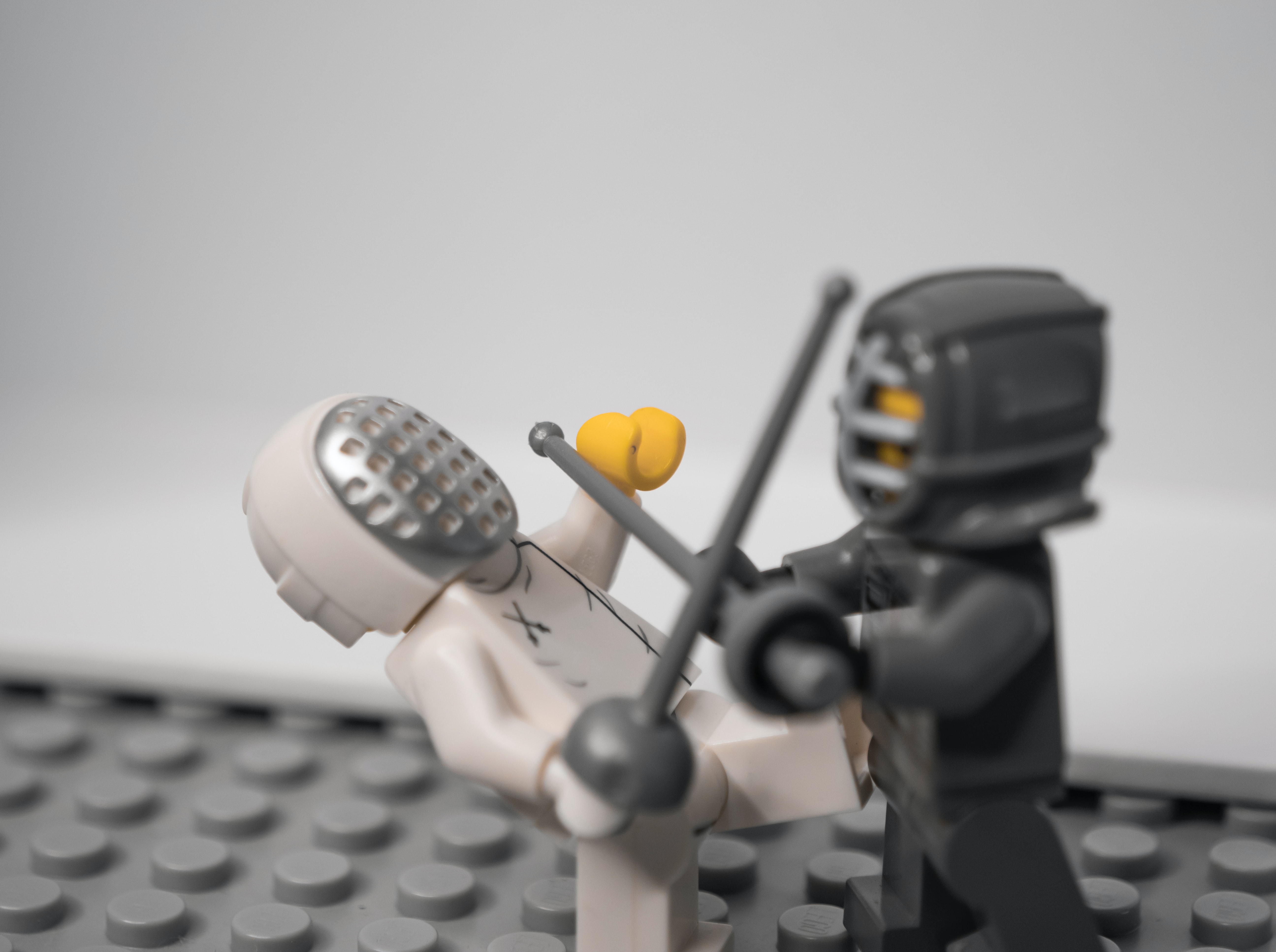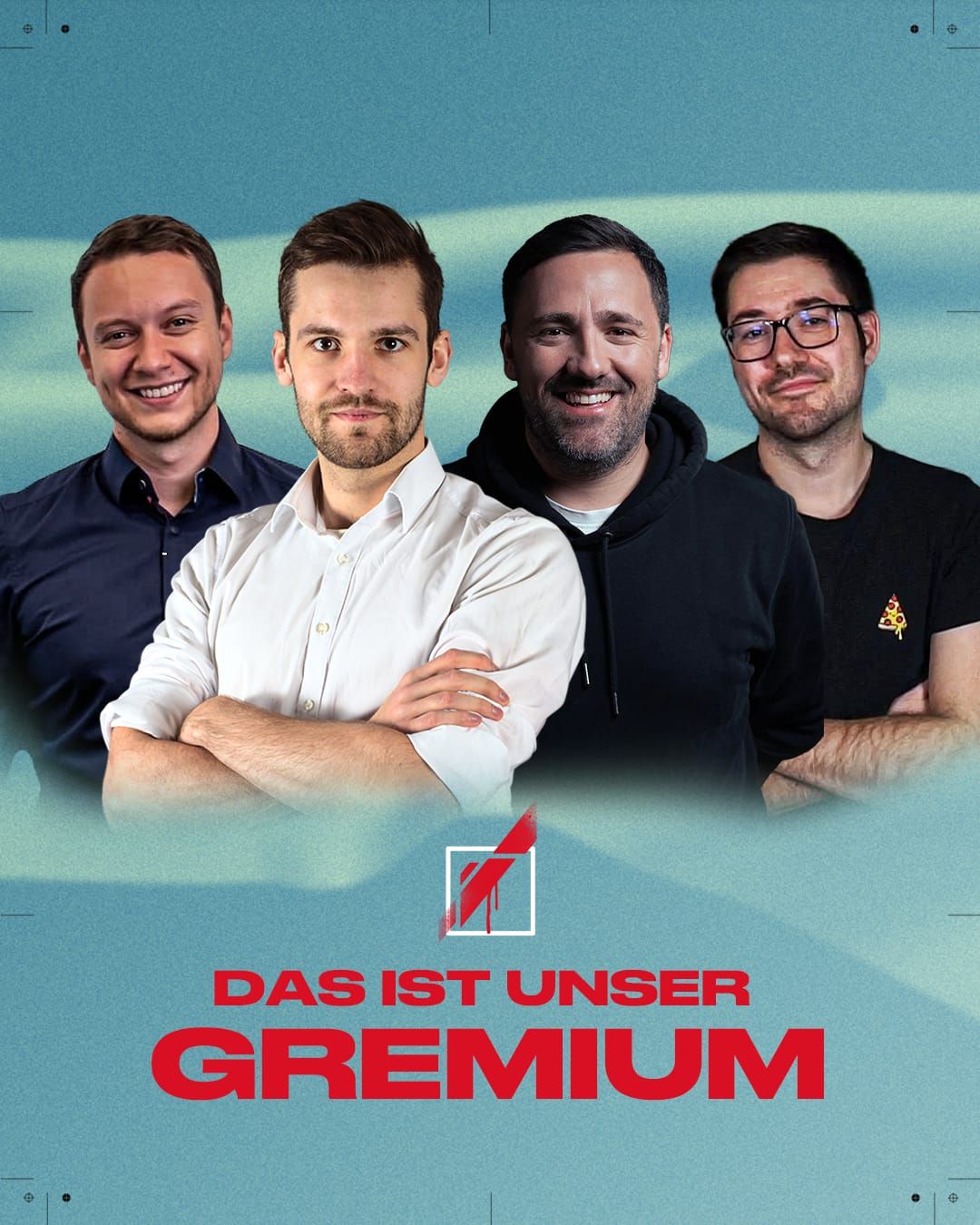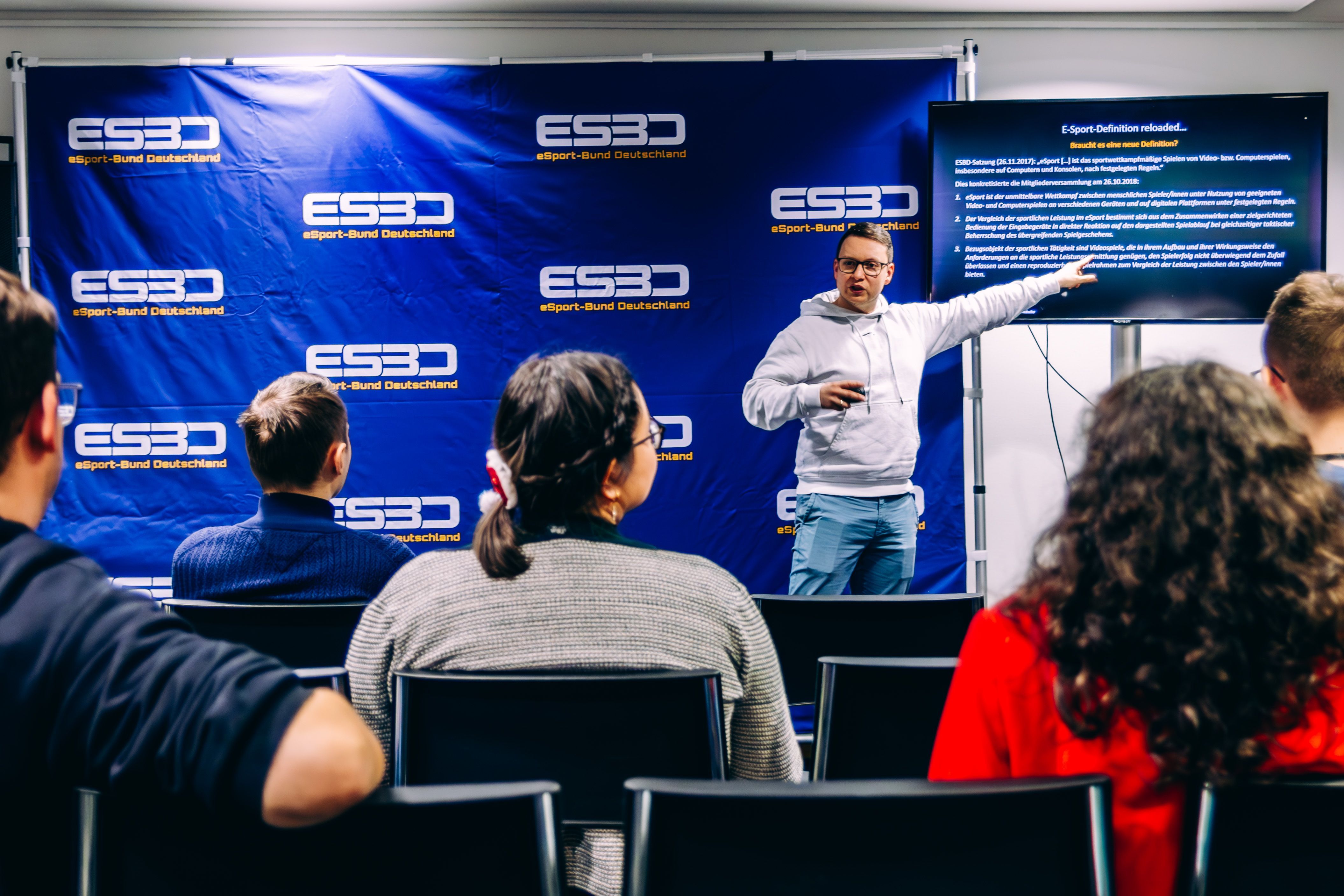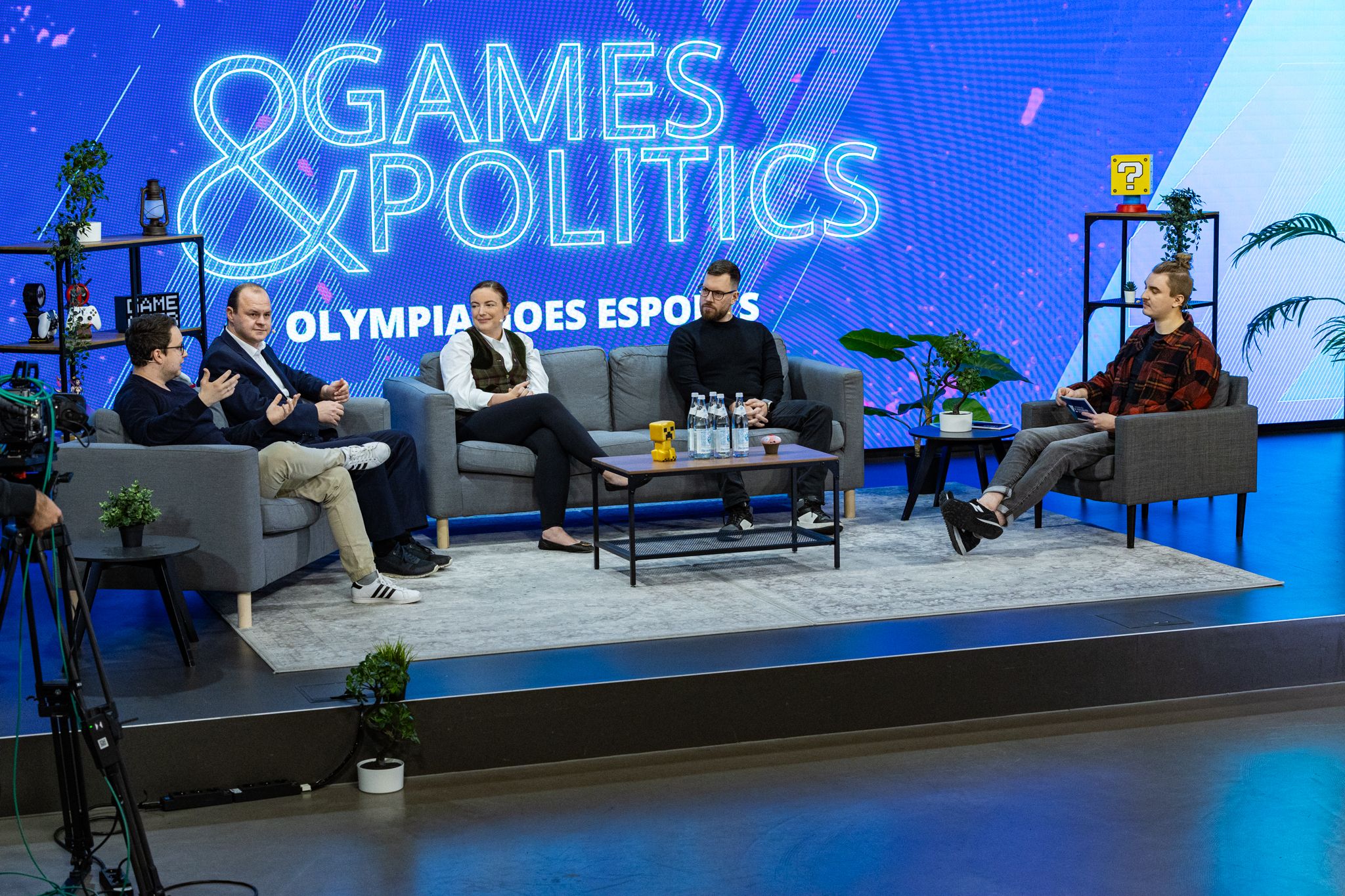A passion for collecting and the joy of adorning oneself with one's own achievements are probably as old as humanity itself. In the gaming sector, too, rare items as well as titles won in games or competitions are gladly displayed. The combination of so-called "non-fungible tokens" (NFTs), which guarantee uniqueness and authenticity, with virtual exhibition rooms in the so-called "metaverse" can offer both players and companies great - and financial - added value. So-called "smart contracts" are often of particular importance here, although they are not without problems from a legal perspective. The gaming industry would therefore do well to take a closer look at both NFTs for digital in-game collectibles and smart contracts.
A philatelist is someone who pursues a very traditional collecting hobby, namely stamp collecting. This epitome of collecting is still very popular, but digital collecting is much more in vogue. By means of so-called NFTs, digital or analogue works of art, pieces of music and many other things are "added" to the collections of the buyers, although actually the thing does not necessarily change the actual owner.
What is an NFT?
This is because a Non-Fungible Token or NFT exists fundamentally detached from the things they refer to. It is ultimately a digital value (more precisely, related characters or bits combined into a "token"), marked with a unique number and other information (e.g. the owner), stored via blockchain technology and thus immutable and verifiable. Often, the essential information contained in an NFT is a URL that leads to the referenced thing (e.g. the image file of an artwork).
In contrast to the cryptocurrency, which is also related to blockchain technology, an NFT is unique. It is not exchangeable and cannot be divided into smaller units (like a cryptocurrency sum).
Because NFTs are forgery-proof and unique, they can be used in many ways, for example as proof of authenticity/ownership for digital works, especially for graphics or pieces of music. NFTs are often traded in exchange for a cryptocurrency, but also for traditional currencies.
Different models for linking in-game content and NFTs
Almost every gamer at some point deals with content that is actually independent of the basic game. These can be very different. Everything is possible, from a special-looking wand to a particularly resistant suit of armour to a unique mount. Awards and titles achieved as well as digital trading cards are also possible.
These digital contents can be assigned an NFT according to the scheme described above, which certifies the "digital property", as it were. In this way, a gamer could show verifiably for everyone that, for example, the skin of a special golden weapon "belongs" only to that one person. The next logical step is then that these "NFT certificates of authenticity" can be exchanged, traded and passed on together with the digital object - i.e. made "marketable".
In principle, three models can be considered for this. First, a third-party provider independent of the gaming publisher can operate a shop for the sale of gaming NFTs. In this case - depending on the specific shop design - the NFTs are traded in the shop, while the exchange of the items in question must still be carried out in the game. Here, questions of copyright or licensing in relation to the content of the gaming publishers must undoubtedly be clarified.
The latter, however, plays a rather subordinate role if, as in the second model, the gaming publisher itself operates the shop in question or the shop is located in the game itself. Of course, there are still licensing issues to consider here, but these can be resolved either via the general terms & conditions (GTC) or in the NFTs themselves. This option could be particularly interesting for publishers, because it would also make it possible to realise business models in which certain items could be sold without an NFT or at a higher price "for eternity" with an NFT in the publisher's in-game shops.
In a final variant, which may seem rather exotic, at least at present, the creation of NFTs is the game itself. The mechanics of the game "CryptoKitties" , for example, consist of "crossing" different cats, each of which are their own NFTs, with each other and thus creating new cat NFTs. Where new NFTs are created, the question naturally arises as to who owns them in the legal sense.
Legal problems
As briefly indicated before, the connection of NFTs with in-game content will not be without legal issues and possible conflicts. Licensing and copyright issues are likely to dominate. In the context of copyright, it is particularly interesting to know whether the first sale of an NFT including digital content will result in so-called "exhaustion" (which would mean that the copyright or other intellectual property right to this specific digital content would cease to exist), or whether a resale would have to be re-authorised by the respective owner of the corresponding copyright or other intellectual property rights.
Competition law problems, such as non-discriminatory access to the shops, could also play a role in the establishment of NFT shops. But traditional legal issues will also become increasingly relevant. In addition to general contractual problems (e.g. general terms and conditions issues), the "ownership" of the digital content must be clarified, in particular whether this exists separately from the NFT or is legally interwoven with it.
Smart Contracts
So-called "smart contracts" pose a special problem, but one that has already been discussed extensively in the context of so-called "automated declarations of intent". Contrary to what the name suggests, the prevailing opinion is that these are not "real" contracts, i.e. contracts concluded through human declarations of intent in the legal sense. Rather, they are programme code that can send and receive information and perform certain "actions" when certain conditions are met. The code is recorded in a tamper-proof manner "for eternity" using blockchain technology (e.g. Ethereum). Changing the code once it exists on the blockchain is virtually impossible.
From a legal point of view, smart contracts can only execute contracts, mirror them or secure so-called "secondary claims". In a few individual cases, however, smart contracts can also bring about the conclusion of a contract themselves according to the principles developed for automated declarations of intent.
However, dealing with smart contracts is not without problems. Among other things, there are discussions about who is responsible for declarations of intent made within the framework of smart contracts, how to deal with legal formal requirements, how to assess programming errors and their consequences - smart contracts cannot be reprogrammed - or how to deal with so-called contractual "performance disruptions" and reversals. On the other hand, there is only little case law on smart contracts, so that many of the legal questions mentioned have not yet been clarified by the highest courts.
Smart contracts can be very useful here, because they automate processes and can make them correspondingly (cost-)efficient (e.g. automatic instruction of compensation for train delays). In intellectual property, smart contracts can be used, for example, to automatically pay out usage-based licence fees or to check usage rights.
If we now link the areas of NFTs, in-game content and smart contracts discussed in this article with each other, there are further advantages for gaming publishers and third-party providers. It is conceivable, for example, that a smart contract is incorporated into the NFT associated with the in-game content in such a way that every time the content is resold, a share of the (resale) proceeds is automatically paid out to the publisher or third-party provider. Furthermore, a smart contract can also protect the content itself. If the in-game content can leave the original game for a metaverse (see below for details), a smart contract could ensure that the protected content can only be used outside the game if the relevant licensing conditions are met.
The above ideas are only conceivable examples. There is no question that numerous other possible uses will be discovered in the coming years. It is important to bear in mind that many legal questions relevant to the use of smart contracts have not yet been clarified.
Advantages and visions
However, if one looks through the thicket of legal questions, the advantages of NFTs are obvious. By linking the in-game content, there is a clear upgrading of the collecting of digital game content, because NFTs at least detach the content from the pure game cosmos to a certain extent. But also in the game, the sale of NFTs could make it possible for gamers who perhaps have less time and cannot earn content through so-called "grinding" to buy the corresponding advantages in a secure way, while others can profit just as securely from their "hard work" in the game.
Selling in-game content with NFTs, especially if there is one variant of the item with and one without an associated NFT, could open up new revenue streams for publishers either by licensing to third parties or by operating their own NFT shop.
The greatest opportunity for NFTs, however, probably lies in the so-called "metaverse", i.e. a virtual world in which people can also effectively display their NFT collections. In the "virtual showcase", not only the weapon skin from an online role-playing game but also the victory trophy from a "real" football tournament could be displayed together and presented to the community.
The prerequisite for this, however, is that it is a genuine metaverse that links different virtual game worlds as well as the real world. Among other things, there is still a lack of a common standard and the will to cooperate on the part of all interested players. At some point, however, player A could show his trophy collection in his virtual house to his girlfriend, player B, who is hundreds of kilometres away, with VR glasses on, and finally replace the stamp collection mentioned at the beginning.
Conclusion
Despite any legal challenges, NFTs hold great advantages and opportunities for the gaming market. Publishers and third parties can not only improve the gaming experience of the gaming community through real collectible value, but also open up an additional monetization channel for themselves. However, it is essential that licensing and other legal issues are covered in advance. Those who want to make their own business model more profitable and efficient by means of NFTs and smart contracts should proceed with caution and prudence - and of course with good legal advice - in view of the legal issues that have been discussed many times and have not yet been conclusively clarified.
Esport Lunch Lectures Video on the topic
Dr. Markus Brock talked about the topic "NFTs and In-Game Content – Chances and Risks also from a Legal Perspective" on February 16, 2022 as part of our Esport Lunch Lectures.





